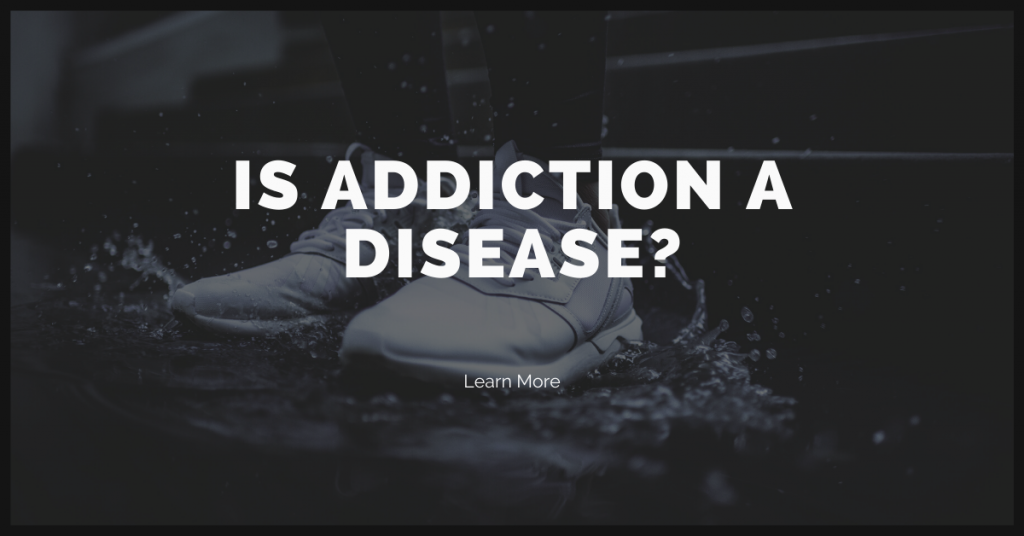Is Addiction a Disease?
Are addiction disorders a disease? Many believe so. As a society, we have become more accepting of substance abuse and dependence and even the symptoms of such an addiction. The change in how we think about addiction has brought about more acceptance of the need for treatment and recovery, which in turn, makes treatment more accessible and affordable.
Addiction is now very treatable , with many new approaches being offered to those who are struggling to kick their habit. Many medical organizations, including the American Medical Association, have recognized addiction as a disease, with strict guidelines being informed by top-level medical experts and drug treatment experts.
With the help of an addiction expert or professional, you can determine if there are certain physical signs, such as the appearance of withdrawal symptoms, when you are at risk of relapse into substance abuse. Other signs and symptoms, such as poor sleep and appetite, insomnia, and weight gain, are indicators that you may be suffering from a drug abuse problem.
Addiction, does necessarily not mean you are sick. Many people who use drugs do not feel physically ill. They also do not feel that they are lacking or unhappy because of their drug abuse.
A Chronic Addictive Cycle
Addiction is not a disease – it’s simply a behavior pattern that people can learn over time and develop into a chronic addictive cycle of behavior. When you do decide to kick the habit, the first step is to identify the factors that have contributed to your own development of addiction and to start taking responsibility for your own life.
Addictions, although treatable, should be treated as a problem – one that must be dealt with, rather than a sin. The treatment of addiction can take many forms – from counseling, to medication, to therapy, and eventually, in many cases, to the establishment of a long-term drug-free life.
Addiction can also be treated through the addition of healthy behaviors to an existing addiction – such as meditation, yoga, or exercise, to name just a few. There is even a therapy called “equine therapy” that uses horses to assist addicts in their recovery. This can help people overcome addictions and gain back control of their lives. This is an excellent alternative for drug abusers and alcoholics, as well as those with substance abuse problems.
For example, while certain addictions may show clear signs of progression and progress as they are treated, others can be treated much more covertly. In fact, many people who are at risk of developing a potentially serious health condition can simply get into a routine of excessive drug use or drinking without even knowing it.

Medical Professionals
Although medical professionals are becoming increasingly knowledgeable about the symptoms and progression of addiction, there is still no consensus about how to diagnose and treat addictions. Though the symptoms can be closely linked to various diseases, it can be difficult to tell if something is truly caused by addiction.
Medical professionals are beginning to use several methods to determine if someone is addicted to drugs or alcohol. These methods include the same tests doctors use to diagnose cancer and blood pressure, along with brain scans and other imaging methods to assess brain function and chemical levels.
While there are no specific tests that can diagnose drug abusers or alcoholics, these tests can provide a basis for making conclusions about a person’s drug and/or alcohol use. It is important to remember that no two addictions are the same – so even if a person has a pre-existing condition or has been diagnosed with an addiction, it does not mean that they are likely to develop cancer or a stroke.
The answer to the question, “is addiction a disease?” it is…what you make of it.

